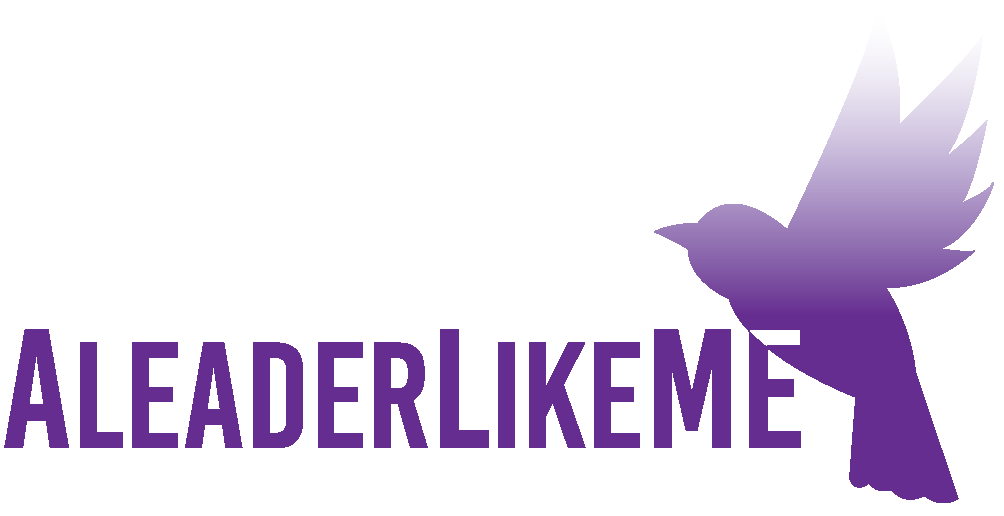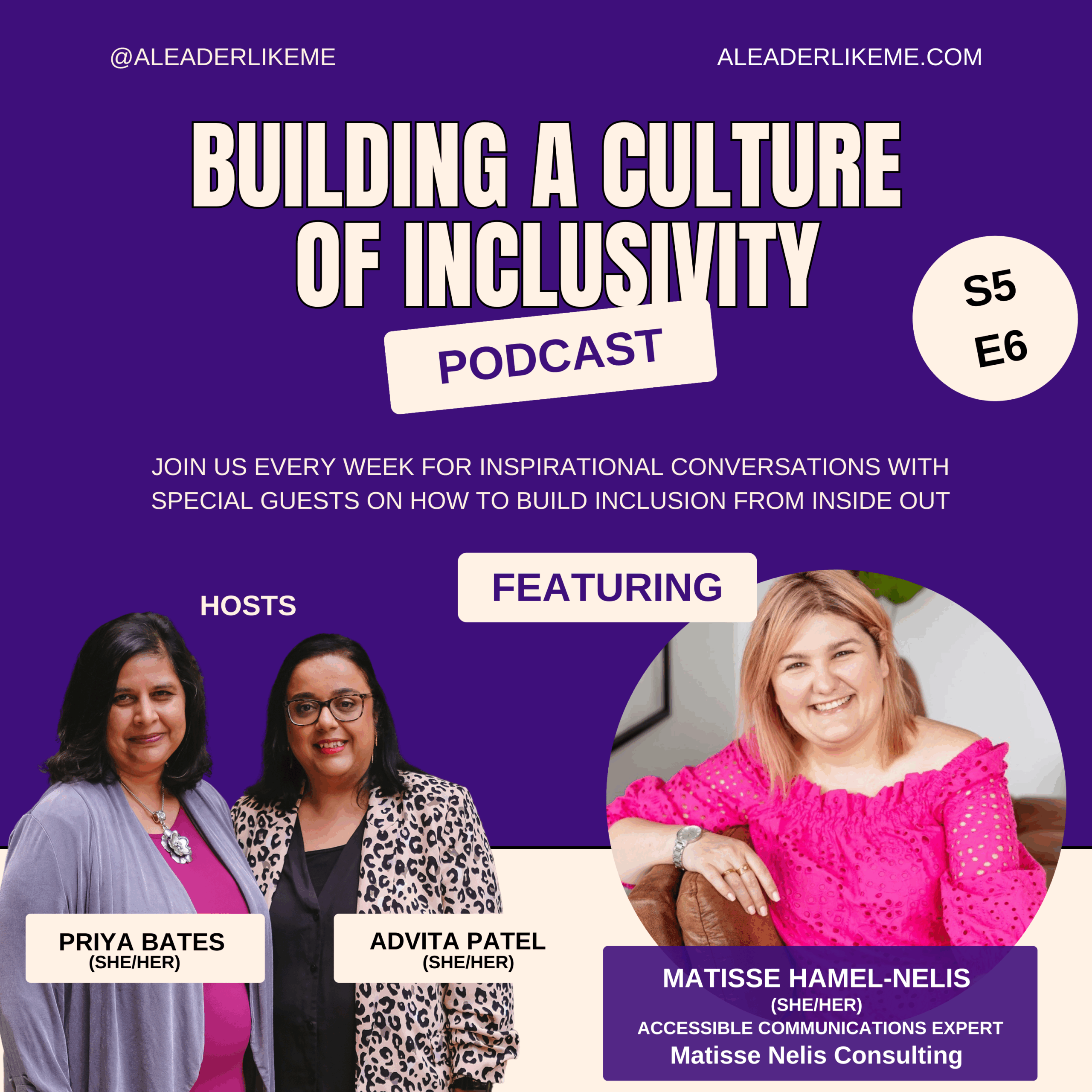I was recently interviewed for a podcast episode, and one of the interviewers asked me how organisations can start to build inclusion if they don’t know where to begin.
The first step is ensuring you understand your organisation, as your messages and campaigns must reflect your workforce’s wants and needs. Not knowing who you’re communicating with and their key challenges will cause people to disengage and retreat.
You should know the answers to questions like 👇🏽
How many people work there?
What are the demographics telling you?
What are the key objectives for the organisation?
Who are your customers?
What are the long-term goals?
What’s the data saying? (e.g. sickness, retention, attrition, etc)
Are your comms activities aligned with the corporate and EDI strategies?
Who are your closest competitors?
Then, you can dig deeper and look at behaviours and culture.
Why is inclusion important in your workplace?
What are leaders worried about?
Are your managers practising inclusive behaviours, and are they trusted?
Is everyone aligned with the core values and purpose of the business?
Do you see innovation thrive?
Do you understand where the cultural value gaps are?
These are not exhaustive questions but a starting point to help conversations begin and an opportunity to reflect on what’s happening.
Once you’ve done your due diligence, you can start creating a plan on what your culture needs to help bring more inclusivity into your organisation.
As helpful as case studies and examples are to evoke further thinking and clarity, when building a culture of inclusion, you can’t lift and shift someone else’s plan, as every culture is different.
If you want to know what stage you might be at regarding inclusivity, check out the free, confidential assessment we created as part of our book Building a Culture of Inclusivity. I’ve shared the link in the comments, but if you visit a leader like me, the link is on the homepage.
We offer coaching for folks who want to understand more about how to be a confident, inclusive leader. We will cover inclusive leadership traits, cultural intelligence, cultural and personal values, etc. It’s aimed at senior managers and leaders, so if you’re interested, drop me a message.




